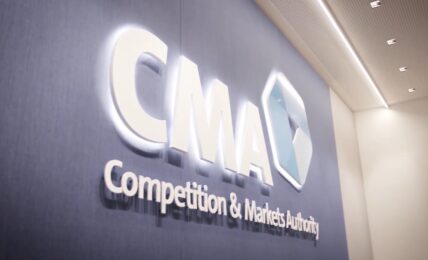Automotive manufacturer the BMW Group announced that it has implemented several projects aimed at improving sustainable packaging in its logistics and reducing supply chain carbon emissions.
The company said that its overall aim is to reduce CO2 emissions in the supply chain by 20%. The new initiatives follow BMW’s announcement last year of the expansion of its efforts to combat climate change with new goals to reduce vehicle emissions throughout the lifecycle, focus on the circular economy, and ramp up the use of recycled and reusable materials.
As part of the new initiative, BMW’s plants in Europe will use more recycled material in their packaging. For its newly awarded contracts, the percentage of recycled material in reusable packaging for logistics will nearly double in 2022 from around 20% to over 35%.
BMW will monitor the impact of individual measures through a CO2 calculator for packaging, and the company reported on the emissions impact expected from the projects.
BMW is replacing plastic in packaging through the use of recycled material in expanded polypropylene packaging (EPP). The newly developed EPP packaging already contains 25% recycled material, allowing the company to save almost 280 tons of CO2 per year. The company also stated that the first pilot schemes with 100% recycled material are currently underway.
By using covers and small load carriers with 50% recycled materials, the company stated that an extra 680 tons of carbon emissions may be reduced annually. According to BMW, the current initiatives are focused in markets in Europe, and the company will attempt to expand them to its facilities in the U.S., China and Mexico.
As of 2022, instead of pallet cages made of steel, the company will also start using folding plastic alternatives made from over 90% recycled material. The use of 15,000 of these new containers is expected to decrease CO2 by about 3,000 tons yearly. BMW Group will also be launching pilot projects using bio-based materials to replace oil-based substances polyethylene and polypropylene and it is exploring whether and in what ways it can utilize materials from recycled household appliances in its packaging.
Michael Nikolaides, Head of the BMW Group Production Network and Logistics, said:
“We’re using innovative strategies to consistently reduce the volume of resources we use, thus reducing our carbon footprint. We in Logistics are also doing our part to get the BMW iFACTORY up and running – with a particular focus on the ‘green’ side of things.”
The post BMW Launches Initiatives to Improve Sustainable Packaging, Reduce Emissions in Supply Chain appeared first on ESG Today.


